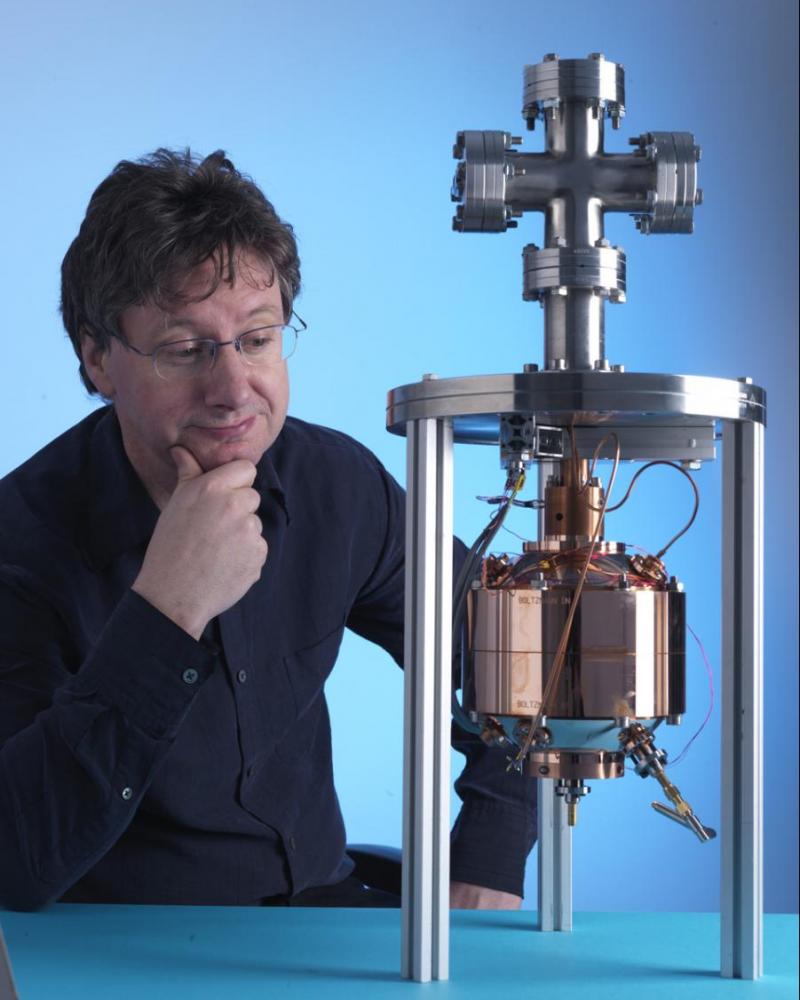Redefining the kilogram, the kelvin, the ampere and the mole: why you should care even though you won’t notice
Abstract
Progress in science and engineering is often linked to progress in metrology. If we cannot measure something then we cannot begin to understand it (science) or improve it (engineering). And better measurement leads to better understanding and control. Measurement is the quantitative comparison of an unknown quantity with a standard. In the International System of Units – the ‘SI’ – there are seven standard quantities called the ‘base units’: the second, metre, kilogram, ampere, kelvin, candela and mole. The perfection with which these definitions can be made real, represents a fundamental limit to achievable measurement uncertainty. In order to remove these limits, from May 2019 there will be subtle but profound changes in the definitions of four of these base units – the kilogram, ampere, kelvin and mole. In this talk Michael de Podesta will explain the rationale for the forthcoming changes and why, even though you are unlikely to personally or professionally notice any changes, you should be happy about them.
Speaker Bio
Michael de Podesta is a physicist specialising in temperature metrology in the NPL Temperature and Humidity Group. He led the research team that produced an estimate of the Boltzmann constant with the second lowest uncertainty ever and published the most accurate temperature measurements in history. He is interested in all aspects of metrology and communicates with the public through talks and demonstration lectures. He writes a blog at http://protonsforbreakfast.org
Michael graduated with a BSc from Sussex University in 1981 and then in 1985 completed a DPhil in the electronic properties of metals at cryogenic temperatures. After postdoctoral work at Bristol University, he was appointed a lecturer at the University of London in 1987, and joined NPL in 2000.

